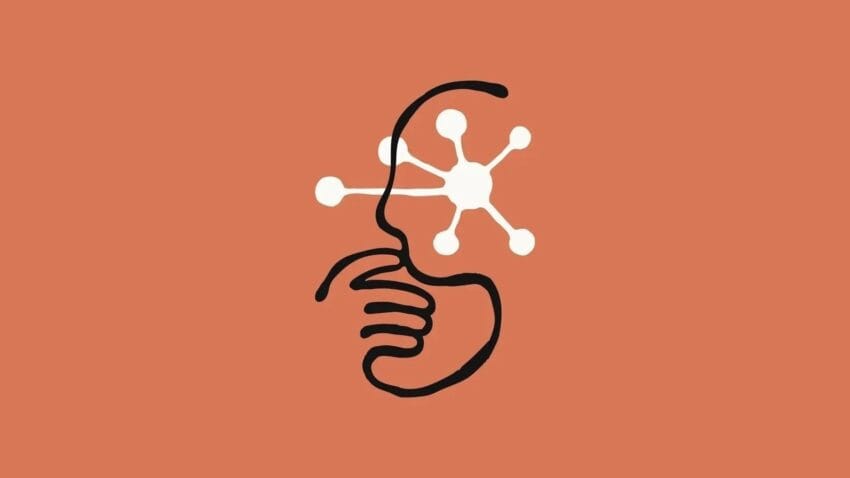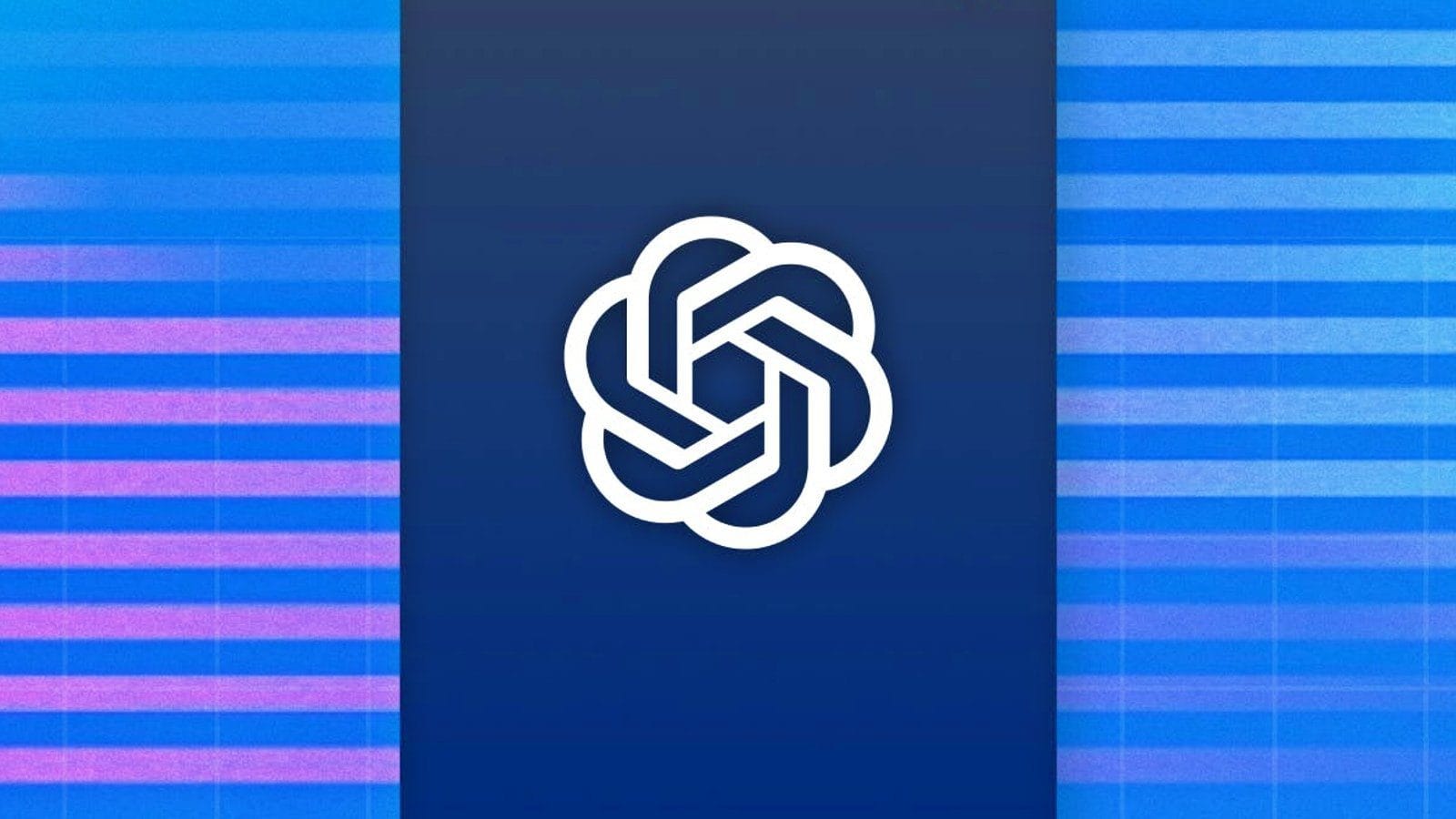
anthropic is testing gpt codex-like claude code — Anthropic is set to launch a web-based version of its Claude Code, drawing parallels to OpenAI's Codex, with a requirement for GitHub integration to facilitate user engagement..
Anthropic is set to launch a web-based version of its Claude Code, drawing parallels to OpenAI’s Codex, with a requirement for GitHub integration to facilitate user engagement.
anthropic is testing gpt codex-like claude code
Introduction to Claude Code
anthropic is testing gpt codex-like claude code: key context and updates inside.
Anthropic, a notable player in the artificial intelligence landscape, has been making strides in developing AI tools that aim to enhance productivity and streamline coding tasks. The Claude Code is one of its flagship offerings, designed to assist developers by generating code snippets, debugging, and providing contextual programming advice. This tool is particularly significant as it seeks to leverage the capabilities of large language models (LLMs) to improve the coding experience for both novice and experienced programmers.
Comparison with OpenAI’s Codex
The Claude Code is often compared to OpenAI’s Codex, which powers GitHub Copilot. Codex has gained popularity for its ability to understand natural language prompts and convert them into functional code across various programming languages. Similarly, Claude Code aims to provide a seamless interface for developers, enabling them to interact with the AI in a natural language format.
Key Features of Claude Code
While specific details about Claude Code’s features are still emerging, several key functionalities are anticipated:
- Natural Language Processing: Users will be able to describe their coding needs in plain language, allowing Claude Code to interpret and generate relevant code snippets.
- Multi-Language Support: Like Codex, Claude Code is expected to support various programming languages, making it versatile for different coding environments.
- Debugging Assistance: The tool is likely to offer debugging capabilities, helping developers identify and fix errors in their code efficiently.
- Integration with GitHub: Users will need a GitHub account to access Claude Code, which suggests a focus on collaboration and version control within coding projects.
Integration with GitHub
The requirement for a GitHub account to use Claude Code highlights Anthropic’s intention to create a collaborative coding environment. GitHub is a widely used platform among developers for version control and collaboration, making it a logical choice for integrating AI coding assistance. This integration could facilitate smoother workflows, allowing developers to easily pull code suggestions directly into their projects.
Implications of GitHub Integration
Integrating Claude Code with GitHub could have several implications for developers:
- Enhanced Collaboration: Teams can leverage Claude Code to generate code collaboratively, making it easier to share ideas and solutions within a project.
- Streamlined Workflows: By integrating directly with GitHub, developers can reduce the friction of switching between tools, allowing for a more fluid coding experience.
- Version Control: The ability to generate code suggestions within the context of version control could help maintain the integrity of projects while still allowing for innovation and experimentation.
Market Context and Competitive Landscape
The introduction of Claude Code comes at a time when the demand for AI-driven coding tools is rapidly increasing. As more developers seek to enhance their productivity and efficiency, companies like Anthropic are positioning themselves to meet this need. The competitive landscape is becoming increasingly crowded, with established players like OpenAI and newer entrants vying for market share.
Current AI Coding Tools
Several AI coding tools are currently available, each with its unique features and capabilities:
- OpenAI Codex: As mentioned, Codex powers GitHub Copilot and is known for its robust natural language processing capabilities.
- Tabnine: This tool uses AI to provide code completions and suggestions, focusing on enhancing developer productivity.
- Replit: An online coding platform that integrates AI to assist users in writing code and debugging.
As these tools evolve, the competition will likely drive innovation, pushing companies to enhance their offerings continually. Claude Code’s entry into this space could spur further advancements in AI-driven coding assistance.
Stakeholder Reactions
The announcement of Claude Code has elicited a range of reactions from stakeholders within the tech community. Developers, industry analysts, and educators have expressed varying degrees of enthusiasm and skepticism regarding the tool’s potential impact.
Developer Community
Many developers are excited about the prospect of having an AI tool that can assist them in real-time coding tasks. The ability to generate code snippets based on natural language prompts is seen as a significant advancement that could reduce the time spent on mundane coding tasks. However, some developers remain cautious, expressing concerns about the reliability of AI-generated code and the potential for introducing errors into their projects.
Industry Analysts
Industry analysts have noted that the integration of AI into coding tools is a natural progression in the tech landscape. They highlight that as coding becomes increasingly complex, tools like Claude Code could play a crucial role in democratizing programming by making it more accessible to non-experts. However, they also caution that the effectiveness of such tools will depend on their ability to accurately understand and generate code that meets developers’ needs.
Educators and Trainers
In educational settings, the introduction of AI coding tools like Claude Code could transform how programming is taught. Educators may leverage these tools to provide students with immediate feedback and assistance, enhancing the learning experience. However, there are concerns about over-reliance on AI, which could hinder the development of fundamental coding skills among students.
Future Prospects for Claude Code
As Anthropic prepares to launch Claude Code, the future prospects for the tool appear promising. The integration with GitHub and the focus on natural language processing position it well within the current market landscape. However, its success will ultimately depend on user adoption and the ability to deliver reliable, accurate code suggestions.
Potential Challenges
Despite the optimism surrounding Claude Code, several challenges may arise:
- Accuracy and Reliability: Ensuring that the AI generates accurate and functional code will be critical to user satisfaction.
- Competition: As more companies enter the AI coding space, Claude Code will need to differentiate itself to capture market share.
- User Education: Developers may require training to effectively utilize the tool, particularly in understanding its limitations and best practices.
Conclusion
Anthropic’s upcoming launch of the Claude Code web app marks a significant development in the realm of AI-driven coding tools. By drawing inspiration from OpenAI’s Codex and integrating with GitHub, Claude Code aims to enhance the coding experience for developers. While the potential benefits are substantial, the tool’s success will depend on its ability to deliver reliable code suggestions and navigate the competitive landscape effectively. As the tech community awaits its release, the anticipation surrounding Claude Code underscores the growing importance of AI in shaping the future of software development.
Source: Original report
Related: More technology coverage
Further reading: related insights.
Further reading: related insights.
Further reading: related insights.
Was this helpful?
Last Modified: September 1, 2025 at 6:45 pm
6 views















